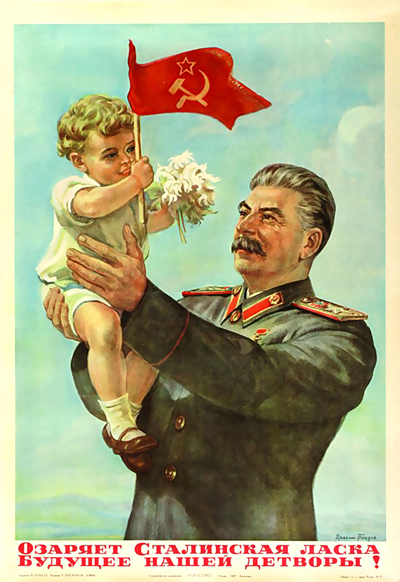I’ve never thought too much about identifying as one “branch” of Marxism, but now that I think about it I can’t really come up with a simple explanation of the main divergences between different currents (ML vs MLM for instance). I suppose I agree more with Marxist-Leninist thought but besides some obvious ones like Trotskyists and patsocs I can only come up with extremely specific details of those divergences (mainly over critical support for AES).
And I definitely can’t describe disagreements of less common discussions such as Xi Jinping thought and “Fidel Castro thought”.
It doesn’t help that a lot of the discussion centers around people like Wisconcom who aren’t exactly the height of ideological consistency.
So can anybody help out?
Basically every X Person Thought is just developments of Marxism Leninism by said person, the other MLWhatever is revisionist and anti dialectical.
I just talked about this in a recent discussion about Maoism and cited a useful text, that should help you, I also think Dessalines has an article about this in his FAQ on GitHub.
It all makes sense now, and that source helped out a lot. Thanks!
Can you link them here please?
Here you got: https://lemmygrad.ml/comment/1126030
thanks
I want to also add this quote, which I think illustrates my point quite clearly.
Marxism-Leninism holds that each of the two stages in the process of cognition has its own characteristics, with knowledge manifesting itself as perceptual at the lower stage and logical at the higher stage, but that both are stages in an integrated process of cognition. The perceptual and the rational are qualitatively different, but are not divorced from each other; they are unified on the basis of practice. Our practice proves that what is perceived cannot at once be comprehended and that only what is comprehended can be more deeply perceived. Perception only solves the problem of phenomena; theory alone can solve the problem of essence. The solving of both these problems is not separable in the slightest degree from practice. Whoever wants to know a thing has no way of doing so except by coming into contact with it, that is, by living (practicing) in its environment. In feudal society it was impossible to know the laws of capitalist society in advance because capitalism had not yet emerged, the relevant practice was lacking. Marxism could be the product only of capitalist society. Marx, in the era of laissez-faire capitalism, could not concretely know certain laws peculiar to the era of imperialism beforehand, because imperialism, the last stage of capitalism, had not yet emerged and the relevant practice was lacking; only Lenin and Stalin could undertake this task. Leaving aside their genius, the reason why Marx, Engels, Lenin and Stalin could work out their theories was mainly that they personally took part in the practice of the class struggle and the scientific experimentation of their time; lacking this condition, no genius could have succeeded.
Tendencies are not exhaustive lists of policy positions. They are identities, or “Cliques”. Someone who calls themselves “Just a Marxist” might have the exact same sets of beliefs as an “Anarcho-Hoxhaist” and neither one is necessarily wrong, in much the same way as people with the same objective gender experience might identify as “Effeminate Man” or “Nonbinary Trans Demigirl”.
Maoists tend to not like modern China (it’s “revisionist”) or the post-Lenin/Stalin USSR but are otherwise model revolutionary Socialists, usually. Trotskyites are a mix of Stalin-skeptic Marxists (reasonable, even if I don’t agree) and “Democratic Socialists” (i.e., anti-Revolutionary Socialists) who just really like Trotsky for some reason.
If anything ends with “Thought”, it just means “I like the cut of this guy’s jib!”.




